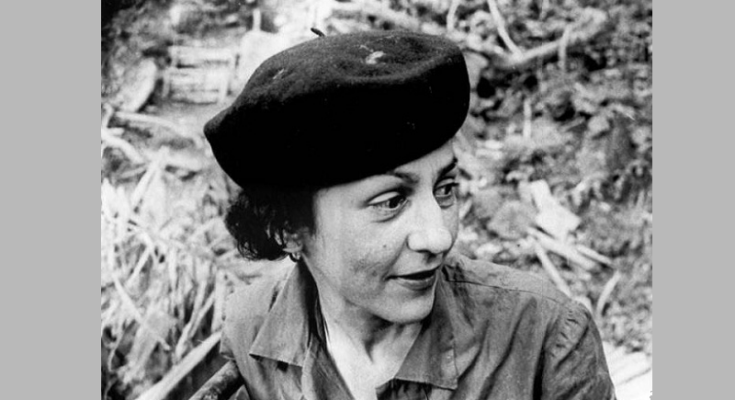Celia Sánchez Manduley (1920-1980) is a prominent figure in Cuban history, known for her significant contributions to the Cuban Revolution and her unwavering commitment to social justice. Born on May 9, 1920, in the rural community of Media Luna, in the former province of Oriente (Now Granma province), Sánchez Manduley grew up in a politically charged environment that shaped her future activism.
Her early education took place in her hometown, but she later moved to Havana to pursue higher education at the University of Havana. It was during her university years that she became deeply involved in political activism, particularly in advocating for socialist ideals and opposing the dictatorship of Fulgencio Batista. Her political engagement led her to join the Movimiento 26 de Julio (26th of July Movement), founded by Fidel Castro, which sought to overthrow Batista’s dictatorship.
One of Sánchez’s notable contributions to the revolution was her role as a key organizer and strategist. She was instrumental in mobilizing support for the armed struggle and gaining supplies for revolutionary fighters in the Sierra Maestra. Throughout this period, she also emerged as a vital link between the urban and rural factions of the movement, fostering collaboration among diverse groups committed to the cause.
Sánchez’s prowess extended beyond organizational abilities; she was recognized for her courage and resilience in the face of adversity. Her involvement in the revolution was not without personal sacrifice, as she endured imprisonment and threats to her life. Nevertheless, her determination only solidified her reputation as a fearless leader.
After the triumph of the revolution in January 1959, Celia Sánchez played a crucial role in the new government. She held various positions, including serving as a high-ranking official in the Ministry of the Revolutionary Armed Forces and contributing to the establishment of social programs aimed at improving healthcare, education, and women’s rights in Cuba. Her work helped pave the way for significant social changes that benefitted many Cubans.
In addition to her political endeavors, Sánchez was an advocate for women’s empowerment and gender equality. She worked tirelessly to promote the participation of women in all aspects of society and the revolution. Her efforts laid the groundwork for future advancements in women’s rights in Cuba.
Celia Sánchez Manduley’s legacy is multifaceted, representing the intersection of revolutionary fervor and social advocacy. Her life’s work continues to inspire generations of activists in Cuba and beyond. She passed away on January 11, 1980, but her contributions to the Cuban Revolution and her fight for social justice remain a testament to her enduring spirit and dedication to her country. Her life story serves as a powerful reminder of the impact a single individual can have on the course of history.
Celia Sánchez Manduley, and her revolutionary prowess

